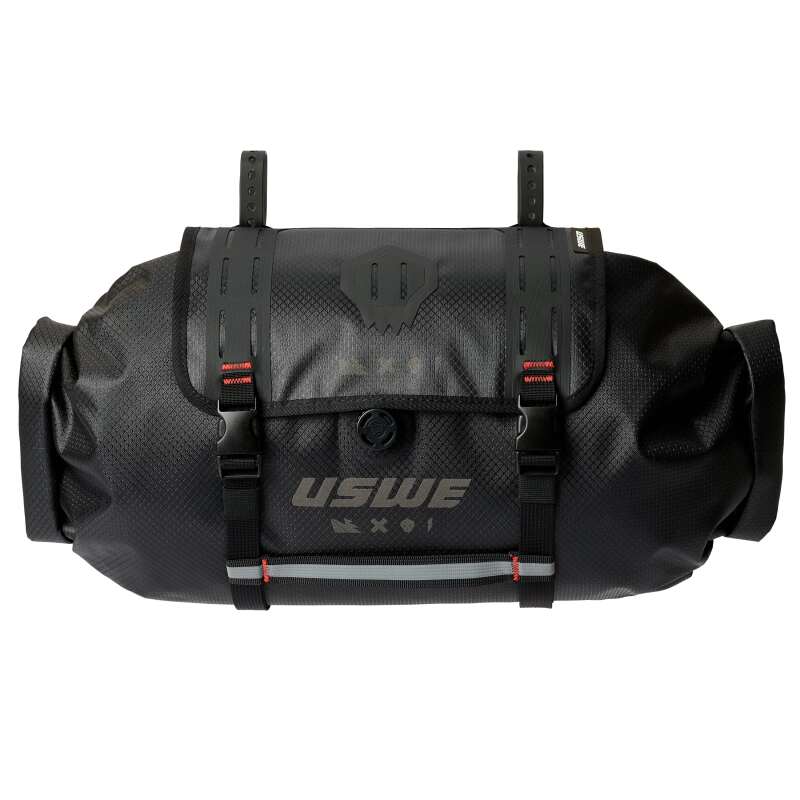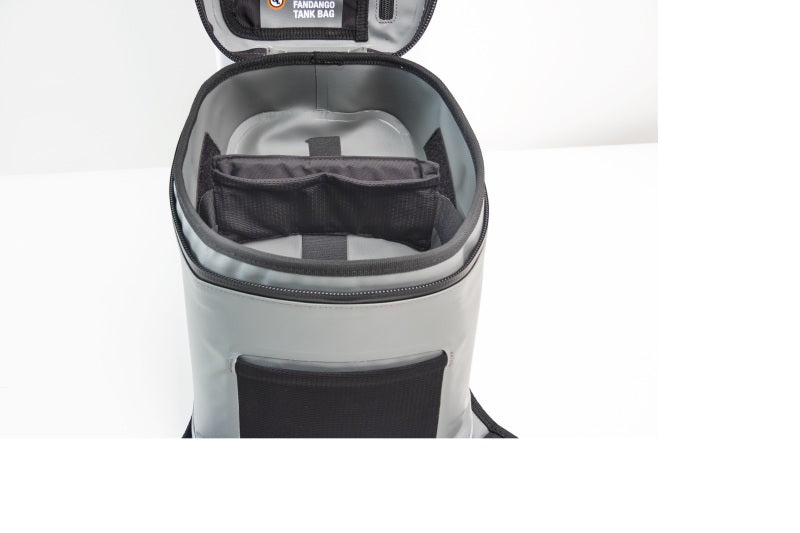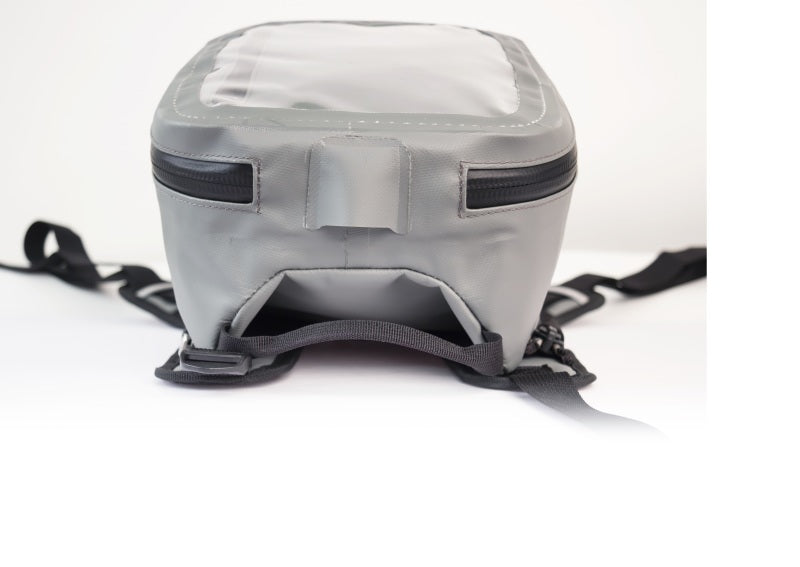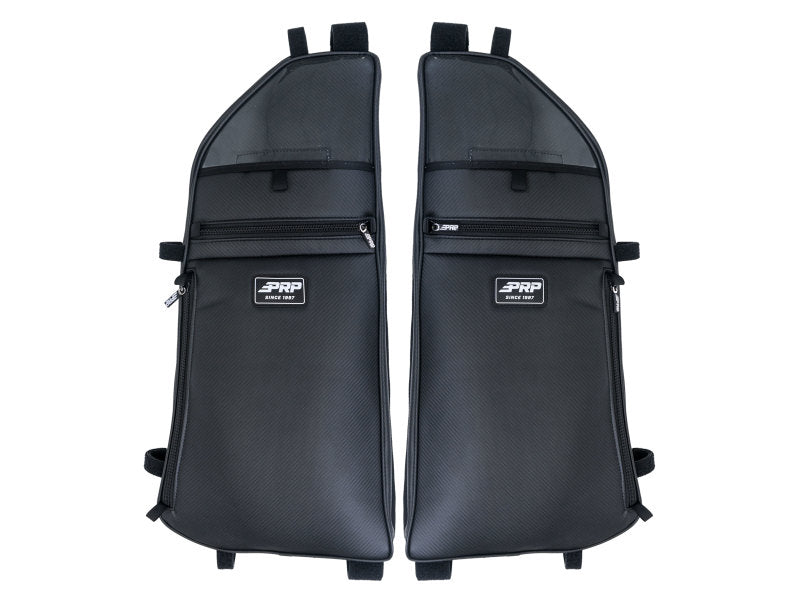How do universal air filters compare to OEM replacements? Gexhaust explains how universal air filters stack up against OEM air filters by separating fact from fiction surrounding performance, fit, and durability.
---
Introduction: Understanding Your Air Filter Choices
Picking the right air filter helps keep your car running smooth. You’ll find lots of options out there, like universal air filters and OEM replacements. Knowing what each one does can help you pick the best fit.
Setting the Stage: OEM vs. Universal Air Filters
People often wonder about OEM (Original Equipment Manufacturer) parts versus aftermarket ones. Here’s a simple look at both:
- OEM Air Filters: Made just for your car by its maker. They fit perfectly and meet factory rules.
- Universal Air Filters: These can fit many types of cars. They might not fit as snugly as OEM filters but give you more choices.
Here’s how they differ:
-
Fitment:
- OEM: Fits tight in the right spot.
- Universal: Sometimes you need to tweak or change things to make it fit. -
Performance:
- OEM: Works well, just like the car maker wants.
- Universal: Quality changes with different brands; some work great, others not so much. -
Cost:
- OEM: Usually costs more because they’re made just for your ride.
- Universal: Usually cheaper but prices vary across replacement filter brands. -
Availability:
- Aftermarket Options: Many aftermarket brands offer choices for different needs—like better airflow or filtration.
What you choose depends on what matters most to you—saving money or making sure it fits your car exactly.
So, whether you go with an OEM replacement air filter or try a universal one, it comes down to what suits your driving and care habits! If you want to check out some universal air filters that might boost your car’s performance, take a look here.
Performance: Power, Efficiency, and Your Engine's Health
The Filtration Factor: How Clean is Clean Enough?
Picking the right air filter means knowing how clean the air gets before hitting your engine. Filter material quality and filtration media matter a lot here. They decide how good the filtering efficiency is—that's how well the filter traps dust and dirt before they reach your engine.
OEM Filter Media Analysis
OEM replacement air filters mostly use paper filter media. These paper filters are made for one-time use and catch dirt well at a fair price. But they can clog faster if it's dusty out, which cuts down airflow after some time.
Universal Filter Media Analysis
Universal air filters usually have reusable, washable stuff like cotton gauze or foam. These filters do a good job cleaning the air and let more air pass through than paper ones. You can wash them often to keep them working well without buying new ones all the time.
Impact on Engine Longevity
Clean air stops your engine from wearing out fast due to rough particles. Using a good universal or OEM filter helps keep your engine safe and avoid early engine demise. When you keep universal filters clean, they keep working well longer, helping your engine live a long time.
Airflow Dynamics: Breathing Easy
Air restriction happens when an air filter slows down the air coming into your engine. This affects vehicle airflow dynamics—how easily and smoothly your engine "breathes."
Impact on Horsepower and Torque
Universal air filters that block less air can boost horsepower and torque by letting more oxygen inside. Better airflow gives stronger power gains than some OEM paper filters that might slow intake when you push hard.
Throttle Response Comparison
When you step on the gas, better throttle response means the airflow changes quickly. Universal washable filters often help with this because they don’t hold back much air, making acceleration feel sharper than with OEM paper filters.
Impact on Fuel Efficiency: Saving Gas, Saving Money
Fuel economy partly depends on how well your engine breathes clean air. Filters that don’t block too much airflow help your engine burn fuel better.
Using a good universal or aftermarket filter can improve fuel efficiency by letting air flow right without losing filtration quality. This makes engines run smoother and use less gas over time—helping you save money while keeping parts safe.
For folks wanting to upgrade their car’s breathing system with options like reusable universal air filters, Gexhaust has solid products and advice for good performance and lasting use.
Relevant Links:
- Explore our selection of universal fit air filters
- Learn about cold-air intakes
- Find trusted OEM replacement alternatives
- Shop premium brands like aFe Filters
Longevity and Maintenance: How Long Will it Last?
Knowing how long an air filter lasts and what maintenance it needs helps keep your engine working well. Whether you pick OEM air filters or universal air filters, it’s smart to know when to change them and how to take care of them. This keeps your filter working strong and lasting longer.
Replacement Intervals: Knowing When to Change
Air filter lifespan depends on the type, how you drive, and what the maker says. Changing your engine air filter on time stops dirt from building up. Dirt can hurt gas mileage and engine power.
OEM Recommended Intervals
OEM replacement air filters fit your car just right. They usually last 12,000 to 15,000 miles or about a year if you drive normally. Following these rules keeps your warranty safe and the filter doing its job well.
If you drive in dusty places a lot—like off-roading or deserts—you might need to swap filters sooner. Check your owner’s manual for exact advice made for your vehicle.
Universal Filter Replacement Guidelines
Universal fit solutions work on many cars but need their own care. Most say replace every 15,000 miles. But this changes if you drive in tough spots.
A plus for universal filters is they’re easy to find online. Stores like Gexhaust sell universal fit air filters that make swapping simple without losing quality or fit.
Cleaning and Care: Keeping Your Filter in Top Shape
Cleaning your filter often can help some types last longer and keep air flowing right into the engine.
Cleaning Methods for Universal Filters
- Washable Air Filters: Made with synthetic stuff that catches dirt but cleans up well with water and gentle soap.
- Reusable Air Filters: Usually cotton layers with oil treatment; clean carefully then add oil back on.
How often you clean depends on driving but is usually every 20,000 to 30,000 miles. Clean sooner if dust gets bad. Let them dry fully before putting back so no mold or damage happens.
Paper-based universal filters don’t clean well. You should replace those as told for best results.
OEM Filter Cleaning Considerations
Most OEM replacement filters use fine paper made for one-time use only. Trying to clean these can ruin their tiny fibers and make them worse at catching dirt.
Some vehicles have fancy OEM washable filters but those are rare. If you have one, follow maker instructions exactly for cleaning products and drying time. Keeping the original filter material safe protects both engine health and warranty.
Follow these simple tips on when to change and how to keep your air filter clean—whether OEM parts or universal fit solutions—to get long life from your engine’s first breath through every mile ahead.
Check out more info at Gexhaust where you’ll find cold-air intakes that boost performance plus tough filtration products built for any ride.
Cost Comparison: Value for Your Dollar
Initial Investment: OEM vs. Aftermarket Pricing
When you pick between universal air filters and OEM air filters, price matters a lot. OEM air filters usually cost more because they fit exactly and come with a brand’s warranty. These filters fit perfectly but might not be the best choice if you want to save money right away.
Aftermarket air filters, including many universal ones, cost less but still work well. Lots of replacement filter brands make solid products that match or beat OEM quality at lower prices. So, aftermarket parts can save you money without losing performance.
Here’s a quick look:
- OEM replacement air filters cost more at first.
- Universal and aftermarket air filters are cheaper.
- Good aftermarket brands offer great value without sacrificing quality.
For example, checking out universal air filters from trusted brands can give you affordable options for many vehicles.
Long-Term Costs: Maintenance and Replacements
The price when you buy isn’t the only cost to think about. You also have to pay for maintenance and replacements over time when comparing filter brands.
Most good universal and OEM replacement air filters need cleaning or changing after 12,000 to 15,000 miles. Some reusable aftermarket filters let you wash them instead of buying new ones every time. That saves money in the long run.
Some points about long-term costs:
- Regular maintenance keeps your engine working well.
- Universal air filters often can be washed and reused.
- OEM parts might need full replacements more often but keep steady performance.
If you pick a filter that's easy to clean from reliable sources like cold-air intakes, you might stretch out service times and spend less overall.
In the end, balancing the upfront price with how much maintenance a filter needs helps you get the most value while keeping your vehicle running smooth.
Warranty Implications: Maintaining Your Vehicle's Coverage
If you’re thinking about upgrading to universal air filters, it’s smart to know how this might affect your vehicle’s warranty. Most car makers offer warranty coverage that protects your engine and important parts during normal use. But many people worry that changing parts could mess with that protection.
Here’s the deal:
- Engine warranty considerations: Swapping out your original air filter for a good quality universal one usually won’t void your engine warranty. That’s true if the new filter matches or beats the factory specs. Picking filters built for both performance and trust is key.
- Warranty impact of modifications: In the U.S., the Magnuson-Moss Warranty Act stops manufacturers from refusing warranty claims just because you use aftermarket parts—unless they prove those parts caused damage. So, using a trusted universal air filter shouldn’t cancel your warranty by default.
- Keep your receipts and notes about installation safe. They help when talking to customer support or dealers if issues pop up.
Choosing good filters from reliable sellers keeps your investment safe and helps you feel good about your car’s warranty.
Easy Installation: DIY or Professional Help?
Putting in a new air filter can be simple. But should you do it yourself or ask a pro? It depends on what feels right for you and how easy you want it to be.
Why try DIY air filter installation?
- Many universal air filters are really easy to install and don’t need special tools.
- There are step-by-step guides that make the process hassle-free—even if you’re new at this.
- Doing it yourself saves money since you avoid service fees.
When does professional air filter replacement help?
- If you’re not sure about how the filter fits or works, pros can install it right without risking any damage.
- Experts work fast and make sure it’s done correctly—good if you want a hassle-free experience.
If you want help, Gexhaust services offer advice plus easy installation options that fit lots of cars.
Either way, whether DIY or pro, upgrading with quality universal air filters keeps your car running well and comes with customer satisfaction guaranteed.
Choosing the Right Air Filter for Your Needs
Picking the right air filter keeps your engine running well. When you compare air filters, think about air filter performance, how efficient they are, and if they fit your vehicle. A good filter stops tiny dirt bits from getting inside your engine. This helps with engine protection and keeps your engine lasting longer by cutting down on wear.
Air filters come in different materials and designs. Some trap more stuff but can block airflow. The trick is to find one that cleans well but still lets air flow freely. That balance keeps power steady and saves gas.
Making the Right Choice: Weighing the Pros and Cons
People often ask: OEM or aftermarket air filters? Here’s a quick look:
- OEM Filters: Made just for your car model. They fit right and meet the maker’s standards for filtration effectiveness. They protect your engine well but cost more.
- Aftermarket Filters: These come in many brands. Some cost less but still work good. Some even use better materials that boost airflow while catching particles well.
When you pick replacement filter brands, check out what buyers say, if there’s a warranty, and if the filter suits how you drive—whether for everyday trips or rough roads.
Decision Matrix for Choosing the Right Filter
Here’s a simple way to pick a filter:
- Filter Material Quality: Look for tough stuff like cotton gauze or synthetic fibers that last long.
- Filtration Media: Multi-layer designs catch smaller particles better.
- Filtering Efficiency: Aim for filters that catch at least 98% of bad particles to guard your engine.
- Particulate Filtration: Good filters stop dust, pollen, and soot but don’t choke airflow.
This helps you find a filter that cleans good without hurting your engine’s breathing—important whether you drive slow or fast.
Where to Buy High-Quality Air Filters
If you want parts that work well and are easy to buy, check out Gexhaust’s universal air filters collection. They offer reliable universal fit filters made to install easily on many cars. You get safe shopping online with shipping anywhere in the country and satisfaction promised.
Buying from a trusted place means you get real parts tested for durability and efficiency—both key to keeping your engine safe while helping it breathe better.
FAQs About Universal Air Filters vs. OEM Replacements
What is air filter compatibility, and why does it matter?
Air filter compatibility ensures the filter fits your vehicle’s air intake system perfectly. A proper fit prevents leaks and protects the engine from dirt and debris.
How does air filter pore size affect filtration?
Smaller pore sizes trap more dust and pollen but may reduce airflow. Larger pores improve airflow but can let smaller particles pass through.
Can universal air filters improve vehicle airflow dynamics?
Yes, some universal filters optimize airflow, helping your engine breathe better and enhancing power output.
Do universal air filters offer better throttle response than OEM filters?
Often, yes. Universal filters with increased airflow can give quicker throttle response and sharper acceleration.
How do air intake filters impact engine combustion efficiency?
Cleaner, well-filtered air helps fuel burn fully, improving combustion efficiency and reducing emissions.
Are universal fit solutions suitable for off-road vehicles?
Many universal filters include sand filtration and dust protection, making them good for off-road vehicle maintenance.
What maintenance is required for reusable aftermarket air filters?
Regular cleaning every 20,000 to 30,000 miles keeps these filters effective and extends their lifespan.
Does installing a universal air filter affect warranty coverage?
No, as long as the filter meets or exceeds factory specs and causes no damage to your engine.
Key Points on Aftermarket vs OEM Air Filters
- Air filter durability depends on material quality and maintenance habits.
- Proper air filter sizing ensures a perfect fit and effective dust removal.
- High-performance air filters can boost car tuning and overall automotive performance upgrades.
- Pollen filters protect allergy sufferers by filtering fine pollen particles efficiently.
- Filter element design influences fuel efficiency impact and airflow improvement.
- Universal fit solutions offer convenient replacement options across many car models.
- Trusted replacement parts come with warranties, customer support, and proven performance records.
- Regular filter cleaning maintains optimal vehicle airflow systems and prolongs car engine durability.
- Budget-friendly aftermarket parts can save money while providing dependable filtration quality.
- Step-by-step instructions simplify DIY auto maintenance for roadside or garage installation.
- Online auto parts shopping offers secure options with nationwide shipping from reputable retailers.
- Professional mechanics recommend high-quality aftermarket parts for lasting performance improvements.





